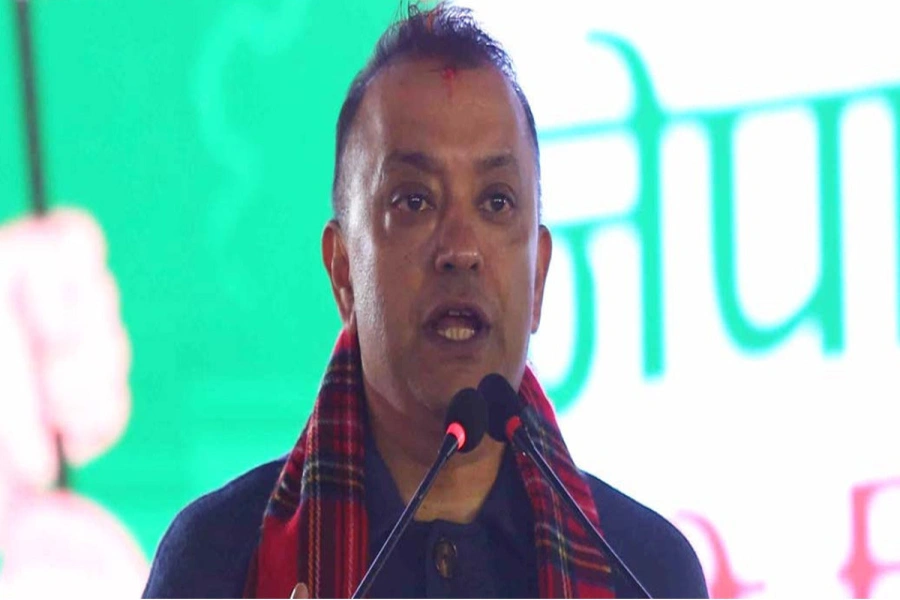The hush-hush manner in which the Cabinet last year decided to allow surrogacy in Nepal suggests those involved had something to hide. Surrogacy is a practice in which a woman, a surrogate, gives birth to a baby on behalf of the couple who want to have a baby but can't for various reasons. This involves either the transfer of an embryo that has already been fertilized outside the body, which is then implanted in the womb of the surrogate mother; or, alternately, it involves natural or artificial impregnation of surrogate mother. In the first case, the child born is not genetically related to the surrogate mother, while in the second case there is direct genetic link. Both these kinds of surrogacy have been practiced in Nepal for past one year. It isn't hard to see why some private hospitals, undoubtedly with strong political connections, were so keen on it. Most infertile parents seeking surrogate children are from the West and are ready to pay good money for it. Having a surrogate mother in Nepal is estimated to cost between US $6,000 to 10,000 dollars, a major chunk of which goes to the hospitals providing surrogacy services. But it's still a bargain for infertile couples. Such services in the West can cost up to $200,000.But the Supreme Court has now a put a stop to it. On Tuesday, it ordered an immediate halt to all surrogacy services in Nepal, and rightly so. First of all, there are no laws governing surrogacy in Nepal. If our government representatives had brought it in good faith, they would have first drafted a bill to the effect and presented it for approval in the parliament. Instead the surrogacy provisions were made, illegally, through an executive fiat. Without specific laws to govern surrogacy, there is plenty of room for foul play. If media reports are to be believed, of the total cost associated with a surrogacy, the surrogate mothers get a pittance, usually a tenth of the total. But economic exploitation of women is not the only ethical concern. Even before that we as a society need a proper debate on "wombs for rent." Is hiring someone to have your baby no different to hiring someone to do a regular job? How can we assume that the surrogate mother will have no emotional attachment with the child she has carried for nine months? And, most important, is there real need for surrogacy in Nepal?
It doesn't look like it. Most surrogate pregnancies in Nepal are requested by foreigners; it's still prohibitively expensive for the vast majority of Nepalis. In that case, could we allow surrogacy to promote medical tourism, as some argue? No again. Most of the money involved goes not to surrogate Nepali mothers, or even the hospitals involved, but to conniving middlemen, invariably Indians, who 'match' infertile couples with likely surrogate mothers. India had to tighten its surrogacy laws after their widespread abuse. For instance many surrogate mothers were not taking even minimal precautions associated with pregnancy, something they might have done if the child was their own. In some cases, the couple that wanted surrogate child have refused to accept the newborn if it was born with some physical or psychological defect. The legal and ethical dilemmas associated with surrogacy are truly a legion. Introducing such a dubious practice through back door is definitely not the way to address these very valid concerns.
New Yorkers meet in Times Square to say 'Good Riddance' to COVI...





































